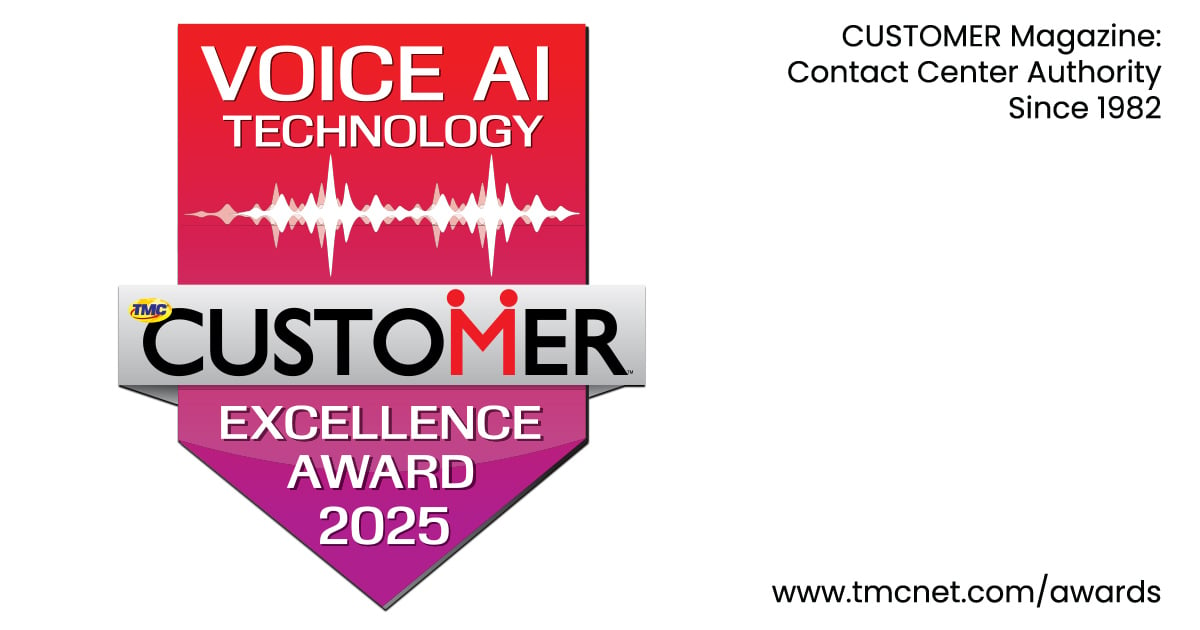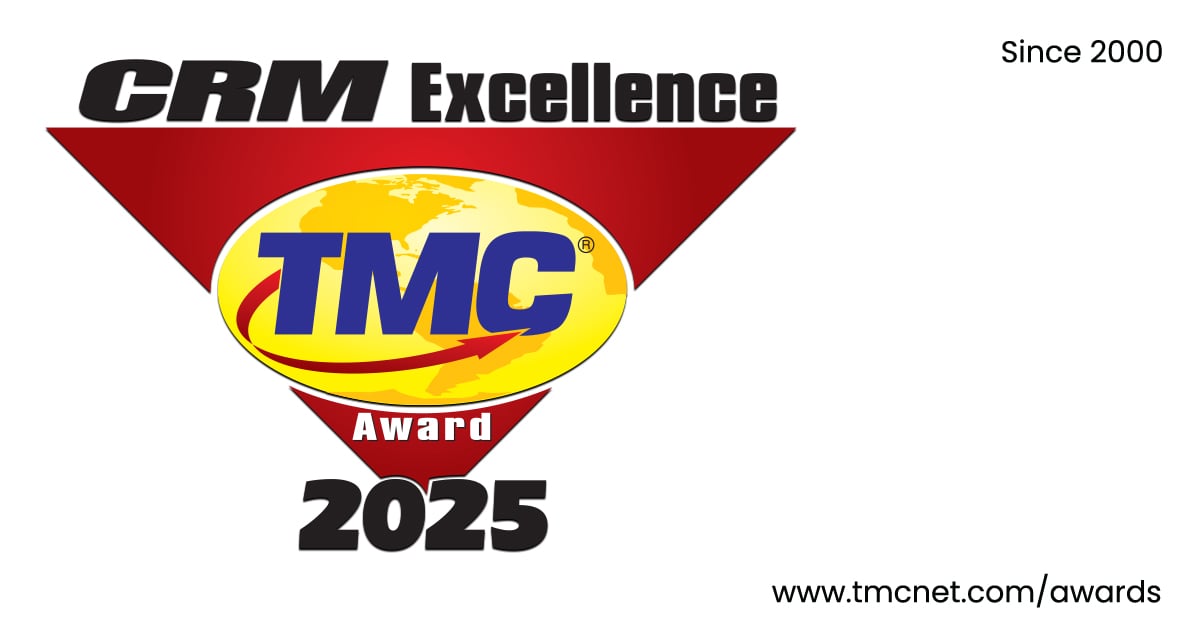
Enterprise content management is an essential asset for any organization. This tool is necessary not only to regulate what is published and which parties have access to the information, but also for the enterprise to be able to leverage its knowledge and proprietary information.
Simply managing the content is insufficient, however. Enterprises need easy access to the correct versions of documents or records so they can be used for their intended purposes. This requirement doesn’t just improve quality of life for workers and customers – it’s a legal necessity under compliance regimes such as the GDPR.
Building Enterprise Content Management Tools and Techniques
Enterprise content management, or ECM, refers to the combination of methodologies, strategies or software tools used to gather, manage, store, preserve, and deliver the information that supports the key processes of an organization. ECM facilitates the flow of information throughout an organization and is critical for any enterprise that must contend with large volumes of content. Any ECM platform must be able to ingest and categorize a multitude of file types, including scanned image files, email, PDF files, office productivity suites and more.
As evidenced by the growing content services software market, more and more enterprises have been investing in ECM solutions. According to the 2018 Magic Quadrant for Content Services Platforms from Gartner, international content services software revenue rose from $8.4 billion in 2016 to $9.6 billion in 2017. Sixty-six percent of the content services software market is made up of the ECM market and is valued at $64 billion.
Part of the reason for the sudden uptick in ECM solutions may be due to the recent advent of the GDPR. Although the new regulations took effect nearly a year ago, few companies were fully prepared for the regulation. Organizations have been scrambling for GDPR solutions ever since then – and ECM is one of the best ways to cope with its requirements.
ECM Use Cases
Although there is no end to the content management challenges being addressed by ECM solutions, there are certain utilizations that occur more frequently than others. Five common use cases for ECM include:
- Back-office processing – ECM can be used to handle the information and content applied to support business processes, such as database maintenance, acquiring new employees and invoice processing.
- Business process applications – Enterprises are able to define and construct applications, such as investigation applications or case management applications.
- Document management – ECM is capable of meeting content and document management needs that span across companies, work groups and departments. Integration, categorization and retrieval are key features. Company data can be structured and organized in a manner that facilitates cross-referencing, which makes processes transparent and adds vital context.
- Records management – ECM solutions can be used to manage, gather, document and destroy files after a predefined time in order for enterprises to be in compliance with industry regulations. Controlled access is another important feature that allows companies to designate which parties can modify or view files in a repository.
- Team productivity – ECM is used to support workers who are executing work tasks or projects and who require access to relevant materials. Collaboration is a focus and is facilitated with social tools, content sharing and coordination within the system.
Under the GDRP, ECM must be used to track personal information across an organization. Certain stipulations, such as “the right to be forgotten,” require organizations to find every instance of a user’s name within their records, and then delete it. It’s possible to do this on an automatic basis with ECM, but only 40% of organizations have the ability to do so.
Regulatory requirements such as GDPR underscore the necessity of using ECM. Improvements that were “nice to haves” before are now necessities under this legislation. Even if you’re not an EU company, GDPR is only the tip of the spear – other governments are busily preparing legislation along the same lines.
Key Benefits of using a Managed Services Provider for ECM
Simply having an ECM is not going to improve your operational efficiency or speed your way to GDPR compliance. An ECM system that is failing due to the lack of upkeep or poor implementation is ill-equipped to handle the content management needs of an enterprise. Employing a managed services provider (MSP), to handle the procurement and the daily administration and tasks of an ECM system can ensure that enterprises have the ECM solution that addresses specific business needs.
There are many different types of MSPs with a diverse scope of services. For example, some offer IT services for daily operational tasks, but do not include related services that cover development projects.
There are many justifications for working with an MSP, some of which include:
- Providing objective assessments during the procurement of ECM solutions regarding which technology best addresses the unique needs of the organization;
- Specialized understanding of the specific enterprise and industry;
- Allowing an enterprise’s IT department to dedicate its efforts and resources to the daily business operations of the enterprise;
- The timely integration, implementation and training of new options and features as the new versions of the ECM system are released or become available;
- An increase in up-time and productivity of the business’ ECM system due to the proactive support provided; and
- Offering consultations on compliance and creating technological solutions that meet an organization’s compliance needs.
Organization leaders should determine how ECM can assist with content management while increasing efficiency, productivity and collaboration in their organization. Working with an MSP allows organizations to apply their resources to the heart of their business, while being assured that the ECM solutions they have in place is effective.
Nathan Semper is Practice Manager, Enterprise Content Management for NexusTek, a national provider of cloud, cyber security and managed IT services. NexusTek’s comprehensive cloud services portfolio is hosted in geographically redundant SSAE 16-certified data centers that leverage a software-defined architecture to bring together storage, computing, and other elements in a single solution optimized for managing customized enterprise workloads in the Cloud. As of 2018, NexusTek has also qualified for the GDPR Rider.
Edited by
Erik Linask





